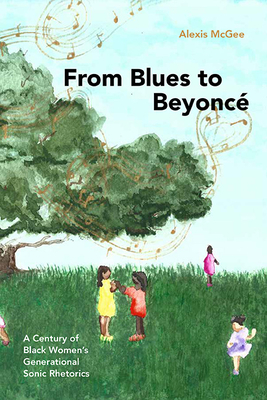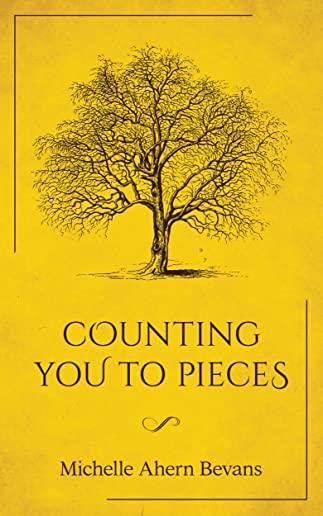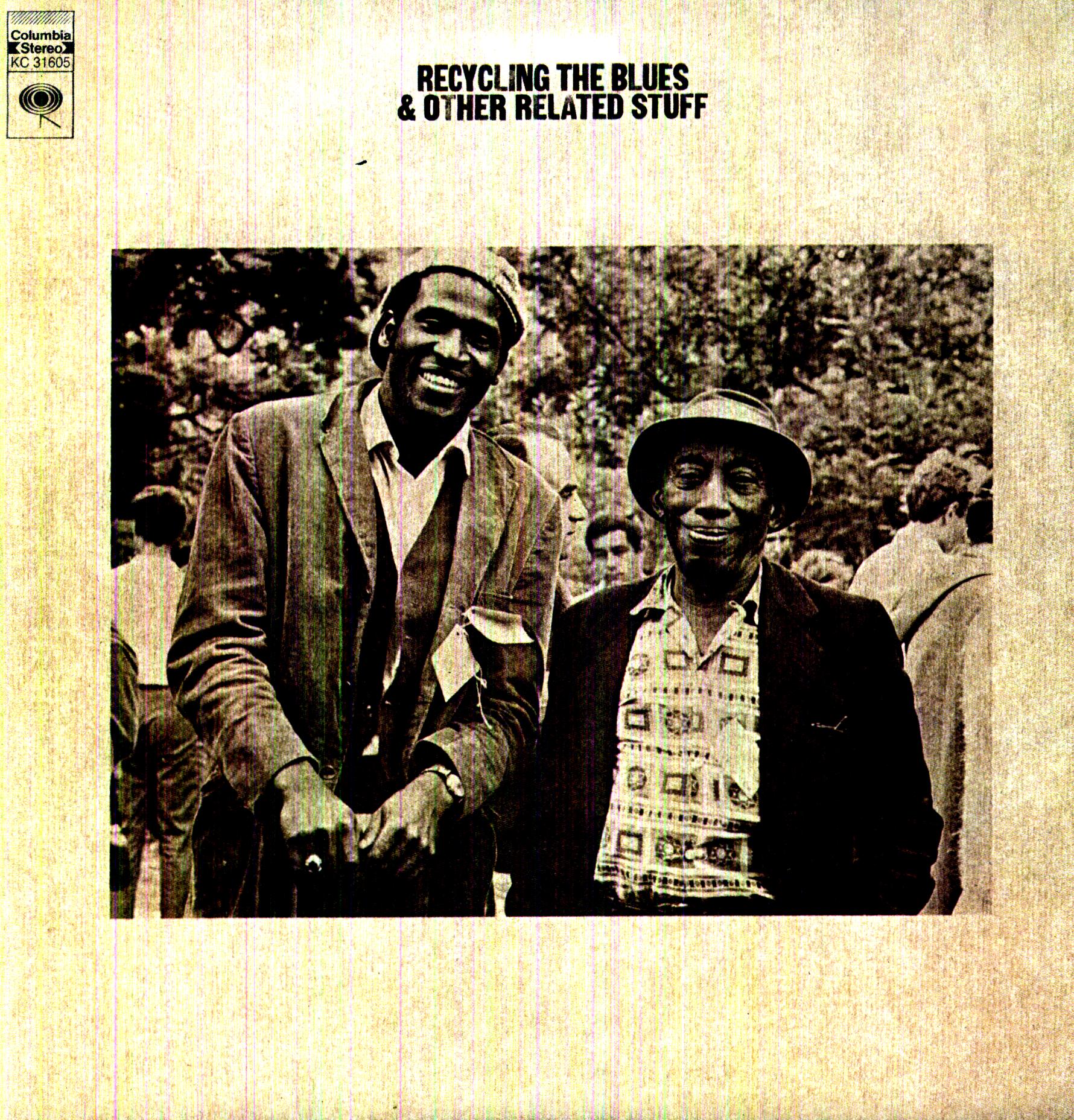
At the heart of Carey's work is a deep engagement with the natural world, particularly the flora and fauna of northern Florida, where she grew up. Birds feature prominently, serving as metaphors for freedom, fragility, and life's ephemeral nature. These avian images provide a through-line that connects the various themes of the book, from personal loss to broader societal concerns, mirroring the speaker's poetic record.
Moving seamlessly between past and present, the poems in this collection often begin with contemporary observations before spiraling into memory. This creates a rich tapestry of experience, highlighting how our past informs our present and exploring grief's long-reaching effects on our perceptions and interactions.
With a voice that speaks directly to the human experience, Carey's poems mirror our own lives. Whether delving into the complexities of parent-child relationships, the isolating effects of the pandemic, or the subtle shifts of aging, her work resonates universally, inviting readers to find solace in the recognition of their own experiences within her carefully chosen words.
The poems in this collection tackle complex subjects like war, environmental degradation, and cultural memory loss with sensitivity and insight. The Grief Committee Minutes is an intimate portrait of individual sorrow and a broader meditation on collective grief, including the shared experience of watching familiar landscapes change.
While the poems in this collection never shy away from the raw pain of grief, they also point us toward the transformative potential of loss. They suggest that even in the face of profound sorrow, we can deepen our empathy, strengthen our connections, and heighten our appreciation for life's fleeting joys, offering a glimmer of hope in the darkest of times.
The Grief Committee Minutes is not just a collection of poems, but a carefully structured journey through the stages of grief, from the initial shock to the eventual healing and reintegration. Its thoughtful arrangement creates a sense of progression, while individual poems circle back to recurring themes and images, much like the cyclical nature of memory and loss, guiding the reader through a deeply engaging and introspective experience.







